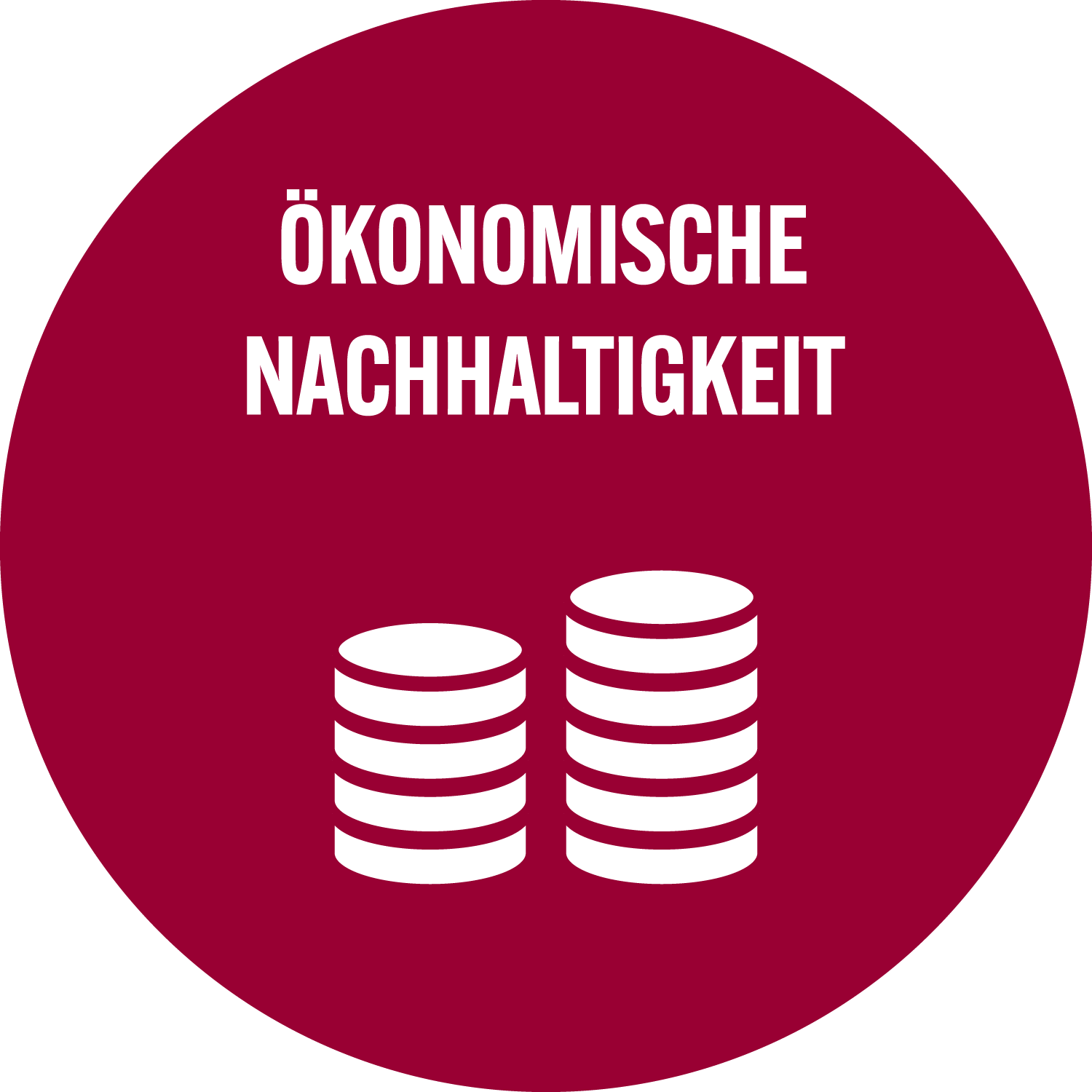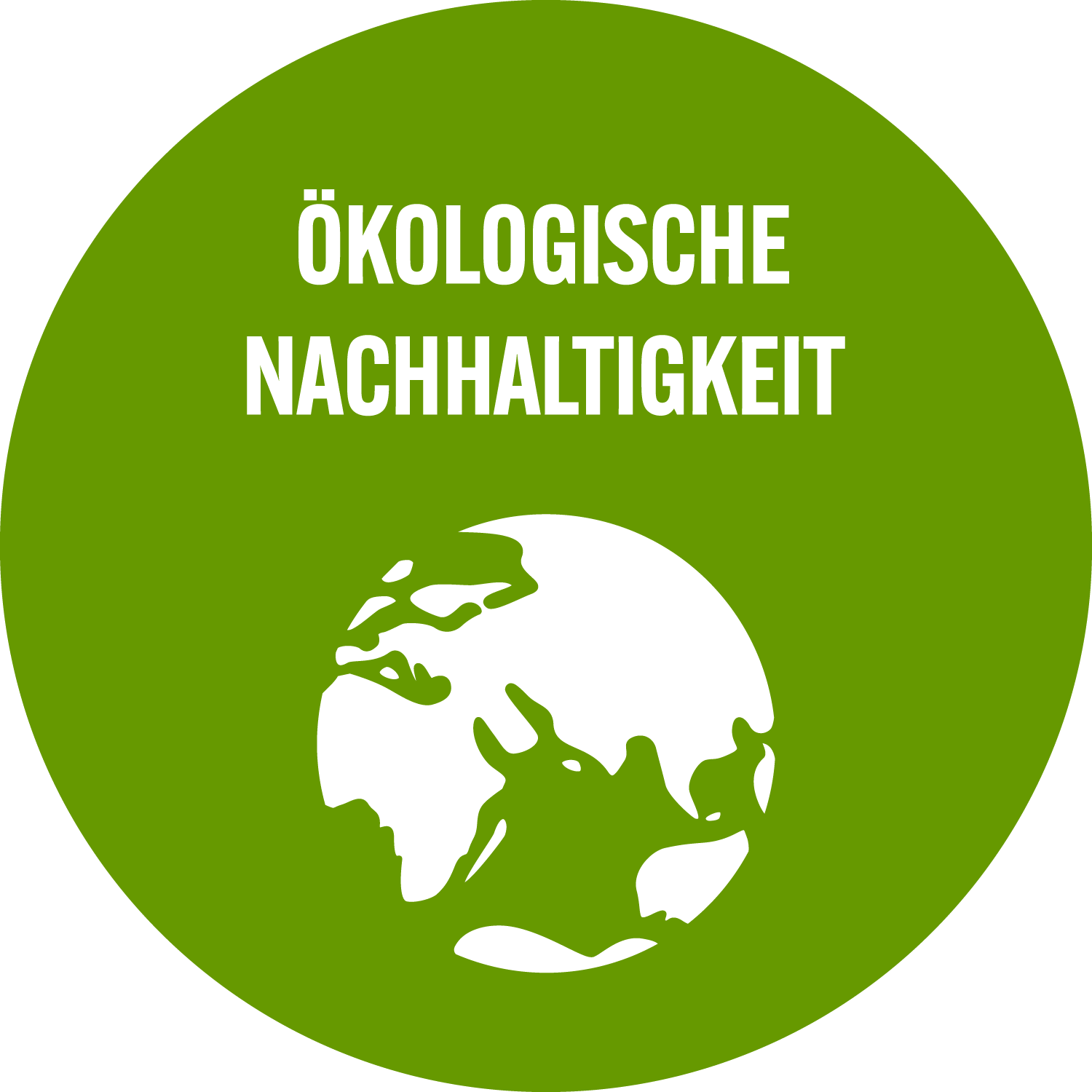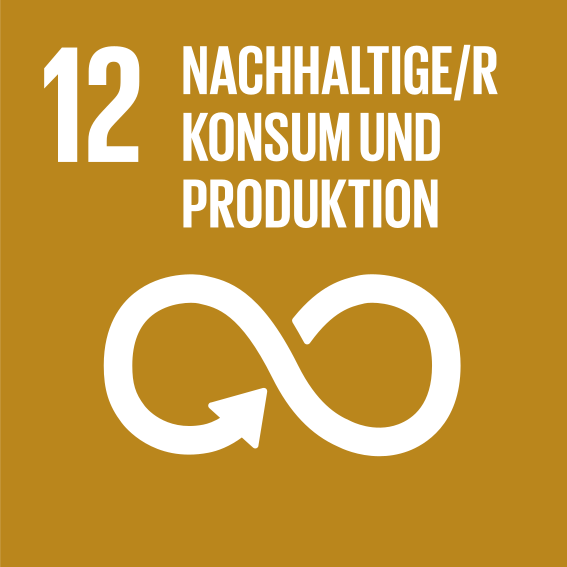|
What frugal products are and why they matter: A cross-national multi-method study
Janda, Sergej von
;
Kuester, Sabine
;
Schuhmacher, Monika C.
;
Shainesh, Gangadharan

|
DOI:
|
https://doi.org/10.1016/j.jclepro.2019.118977
|
|
URL:
|
https://www.sciencedirect.com/science/article/pii/...
|
|
Dokumenttyp:
|
Zeitschriftenartikel
|
|
Erscheinungsjahr:
|
2020
|
|
Titel einer Zeitschrift oder einer Reihe:
|
Journal of Cleaner Production
|
|
Band/Volume:
|
246
|
|
Heft/Issue:
|
Article 118977
|
|
Seitenbereich:
|
1-19
|
|
Ort der Veröffentlichung:
|
Amsterdam [u.a.]
|
|
Verlag:
|
Elsevier Science
|
|
ISSN:
|
0959-6526
|
|
Sprache der Veröffentlichung:
|
Englisch
|
|
Einrichtung:
|
Fakultät für Betriebswirtschaftslehre > Marketing & Innovation (Kuester 2005-)
|
|
Fachgebiet:
|
330 Wirtschaft
|
|
Abstract:
|
In numerous industries, companies are challenged by increasing resource scarcity, severe waste problems, and the necessity to minimize the environmental impact of their operations. At the same time, companies need to cope with a heightened price sensitivity among consumers. Frugal products, such as the extremely durable d.light solar lantern, the entry-level version of the TATA Swach water purifier, or the rubber-based prosthesis Jaipur Leg represent a suitable means to address these challenges. However, to the best of the authors’ knowledge, product frugality remains underexplored from both an academic and managerial perspective. In this multi-method study, the authors develop a comprehensive conceptualization and operationalization of product frugality. Based on a thorough analysis of multi-source and multi-country data, the authors define product frugality as a set of product characteristics that particularly appeals to consumers who, by necessity or choice, value products with a low cost of consumption that, at the same time, are sustainable, simple, and offer basic quality. Applying established procedures of index construction to a large and diverse set of consumer data from the U.S., the U.K., Germany, India, and South Africa (n = 2398), the authors develop and validate an index of product frugality. The results depict product frugality as a formative construct with four dimensions: cost of consumption, sustainability, simplicity, and basic quality. The findings point out that low cost and environmental sustainability have to be combined rather than weighed against each other to create truly frugal products. The present study generates a common understanding of product frugality that acknowledges the multi-dimensional nature of this construct. Nomological examination of the developed index reveals that product frugality increases consumers’ willingness to generate word of mouth. This research proffers guidance for managers seeking to explore the potential of frugal products in addressing consumers’ need for higher value products while minimizing environmental impact.
|
 | Dieser Eintrag ist Teil der Universitätsbibliographie. |
 Suche Autoren in Suche Autoren in
BASE:
Janda, Sergej von
;
Kuester, Sabine
;
Schuhmacher, Monika C.
;
Shainesh, Gangadharan
Google Scholar:
Janda, Sergej von
;
Kuester, Sabine
;
Schuhmacher, Monika C.
;
Shainesh, Gangadharan
ORCID:
Janda, Sergej von  ORCID: https://orcid.org/0000-0003-1183-429X ORCID: https://orcid.org/0000-0003-1183-429X, Kuester, Sabine  ORCID: https://orcid.org/0000-0003-0985-2288 ORCID: https://orcid.org/0000-0003-0985-2288, Schuhmacher, Monika C. and Shainesh, Gangadharan
Sie haben einen Fehler gefunden? Teilen Sie uns Ihren Korrekturwunsch bitte hier mit: E-Mail
Actions (login required)
 |
Eintrag anzeigen |
|
 ORCID: https://orcid.org/0000-0003-1183-429X, Kuester, Sabine
ORCID: https://orcid.org/0000-0003-1183-429X, Kuester, Sabine  ORCID: https://orcid.org/0000-0003-0985-2288, Schuhmacher, Monika C. and Shainesh, Gangadharan
ORCID: https://orcid.org/0000-0003-0985-2288, Schuhmacher, Monika C. and Shainesh, Gangadharan







 Suche Autoren in
Suche Autoren in